Dogs Pooping Blood – What Is That?
Dogs pooping blood may sound like something straight out of a horror movie, but it’s actually an issue that many dog owners have to deal with at some point in their lives. While dogs don’t typically poop blood as often as they do other kinds of stool, it’s still something to watch out for, especially if your dog has been diagnosed with any underlying health conditions or experienced trauma recently. This guide will help you identify the possible causes of bleeding while pooping in dogs, and give you the information you need to keep your dog safe and healthy.
Why Do Dogs Poop Blood?
Blood in feces is known as melena and can be caused by a number of different conditions. However, hemangiosarcomas are a common cause of blood in dog poop, which has earned them one of their nicknames: red tumors. Though hemangiosarcomas are cancerous growths that occur on or near blood vessels, they don’t often spread to other organs. Other cancers that can lead to blood in dog poop include lymphosarcomas and lipomas.
When to Worry About Dogs Pooping Blood
The medical term for poop that is blood-tinged is hematochezia. Most dogs have feces that is a little bit red from time to time, but blood in your dog’s stool can be a cause for concern. Let’s talk about when to worry about dogs pooping blood and what might be causing it.
We can look at the general cause of dogs’ pooping blood: hemorrhoids or issues with their anal glands. Hemorrhoids are swollen veins in or around your pet’s anus. They often appear as puffy lumps with some redness around them. Your pet will usually be able to tell you if they feel uncomfortable because they will paw at themselves, whine or move oddly while trying to go outside to do their business…
How To Clean Up Dog Pee, Poo and Feces From Grass or Carpet
There’s nothing worse than your dog having an accident on your carpet, grass, or any other surface for that matter. But not to worry, because in many cases cleaning up dog poop and pee from a variety of surfaces can be quite easy and safe.
In fact, with a few quick steps, you can have your floors or rugs looking like new again in no time! There are several ways to clean up a pet accident in regards to how much urine is still on whatever floor or surface has been affected.
Once you get started, however, there are some general rules that apply regardless of what kind of surface is being cleaned. Here they are:
Use Paper Towels
Absorb as much urine as possible using paper towels—don’t wipe it around; place clean paper towels overall wet spots before applying another layer until most (if not all) of liquid is absorbed. This will ensure you don’t spread any contamination across larger areas and help keep your home safe for your pet(s). Now that you have most, if not all, of wetness absorbed up, begin to pour an enzymatic solution over the affected area(s).
Use An Enzymatic Cleaner
An enzymatic cleaner is a product that helps break down pet waste on contact by eliminating bacteria from animal feces. These products are readily available at local pet stores. Once applied, allow the solution to soak in and dry thoroughly before walking on or allowing anyone else in that area without shoes or socks on (just in case some undried moisture remains).
Deodorizing May Be Necessary
After cleaning up messes with animals in mind, your floors or carpet may require good deodorizing as well. Using products like baking soda can be very effective when used properly because they remove odors at their source by absorbing them into non-abrasive powders.
Dog Diarrhea Treatment
Make sure your dog is hydrated at all times to avoid dehydration that can cause bloody diarrhea. You can opt for a commercial pet beverage or make your own by mixing a 1/2 teaspoon of table salt and 1 quart of water in a bowl. Give your dog 2-3 tablespoons every hour until he quits drinking out of his water bowl.
Digestive Problems in Puppies
It’s important to keep in mind that diarrhea is a natural part of a puppy’s development. Most puppies will experience loose stools between 3 and 5 weeks of age, as they’re still learning how to digest their food properly.
If your puppy is consistently having issues with their stool after they’ve passed through that window of time, then it’s time to talk to your vet.
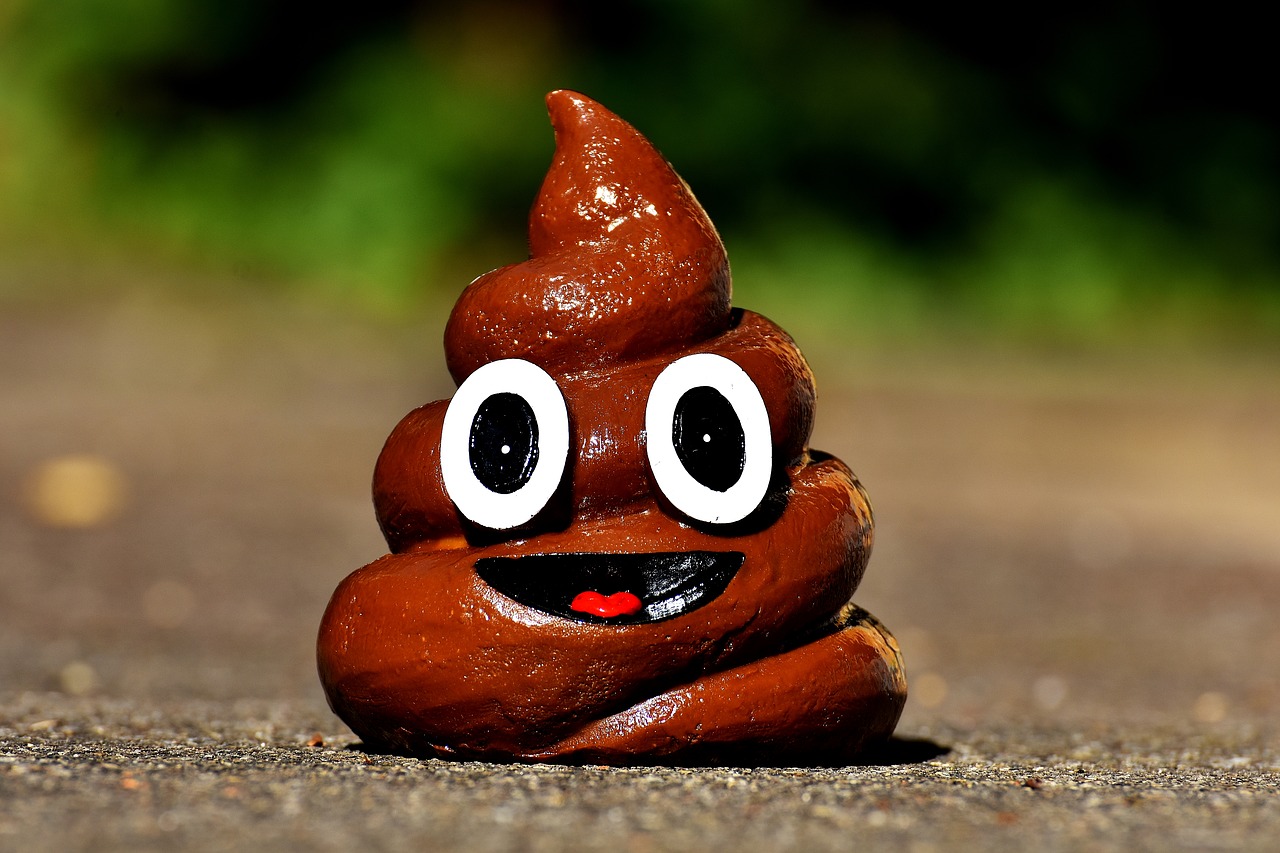

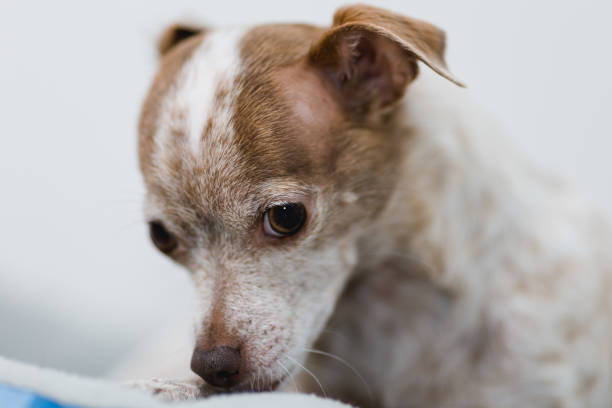


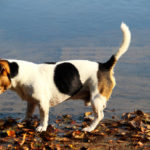



![How Much Exercise Does A Jack Russell Terrier Need? [Complete guide for all life stages] How Much Exercise Does A Jack Russell Terrier Need? [Complete guide for all life stages]](https://jackrusselterrier.net/wp-content/uploads/2023/03/istockphoto-1149531679-612x612-1.jpg)
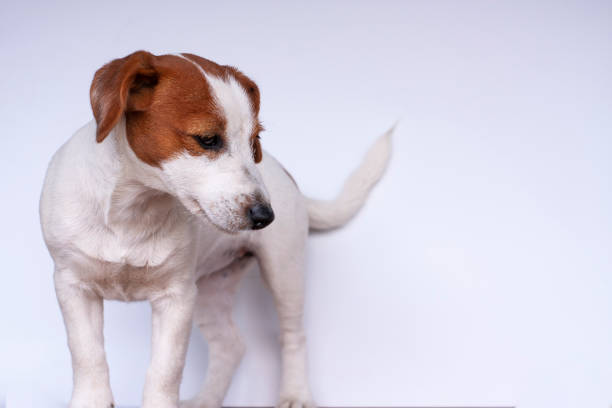
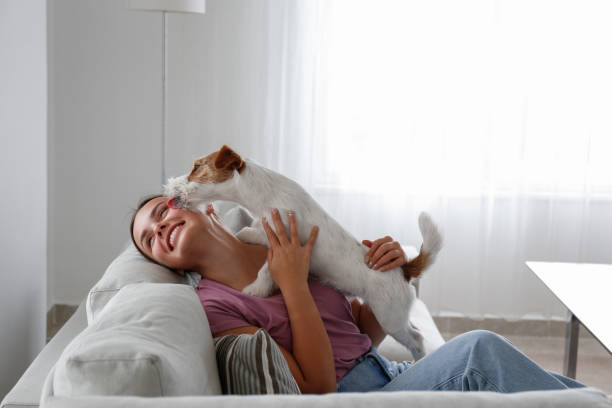
![Jack Russell Old Age Problems [How To Take Care Of Them] Jack Russell Old Age Problems](https://jackrusselterrier.net/wp-content/uploads/2023/03/istockphoto-1352753212-612x612-1.jpg)
